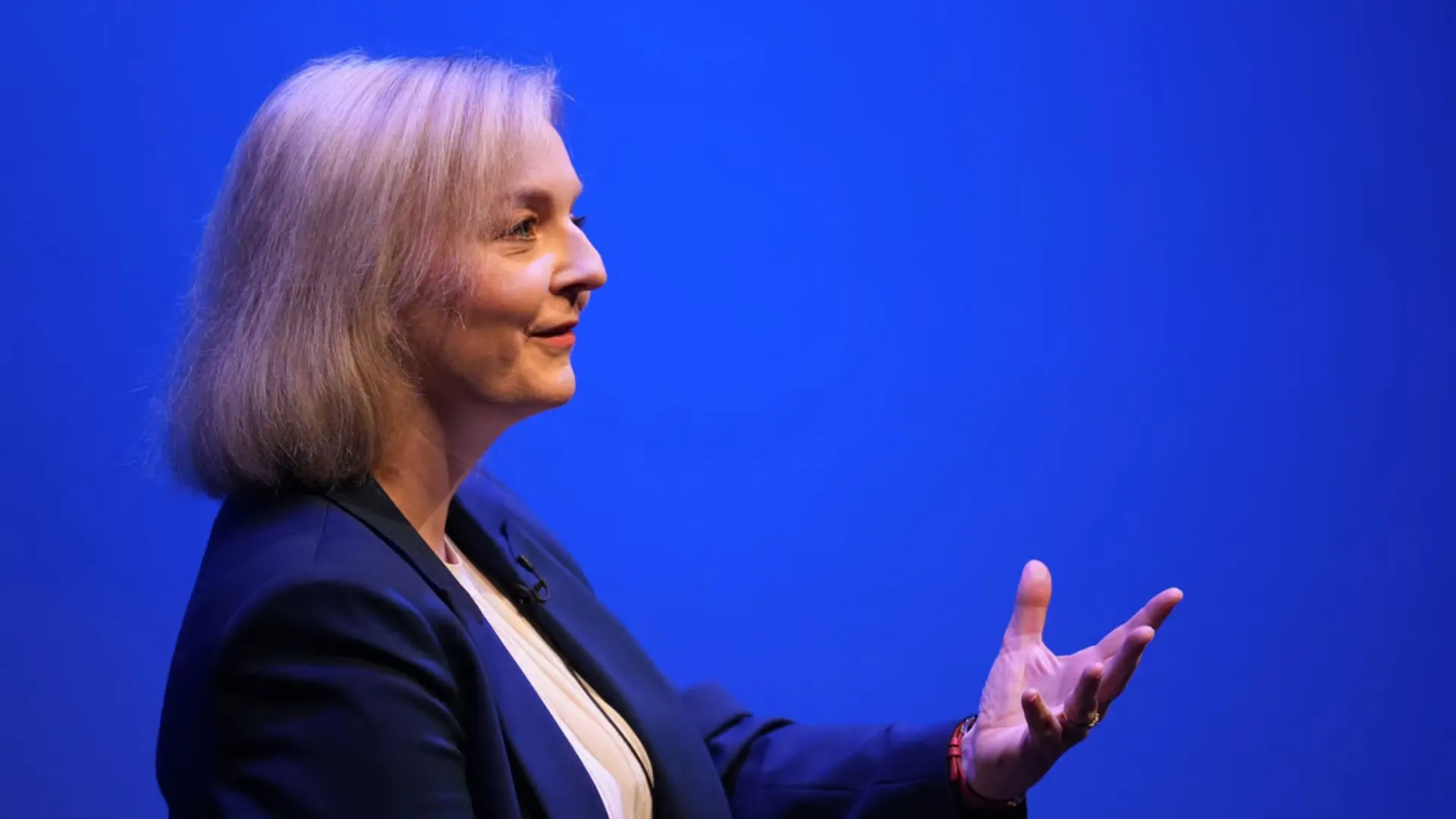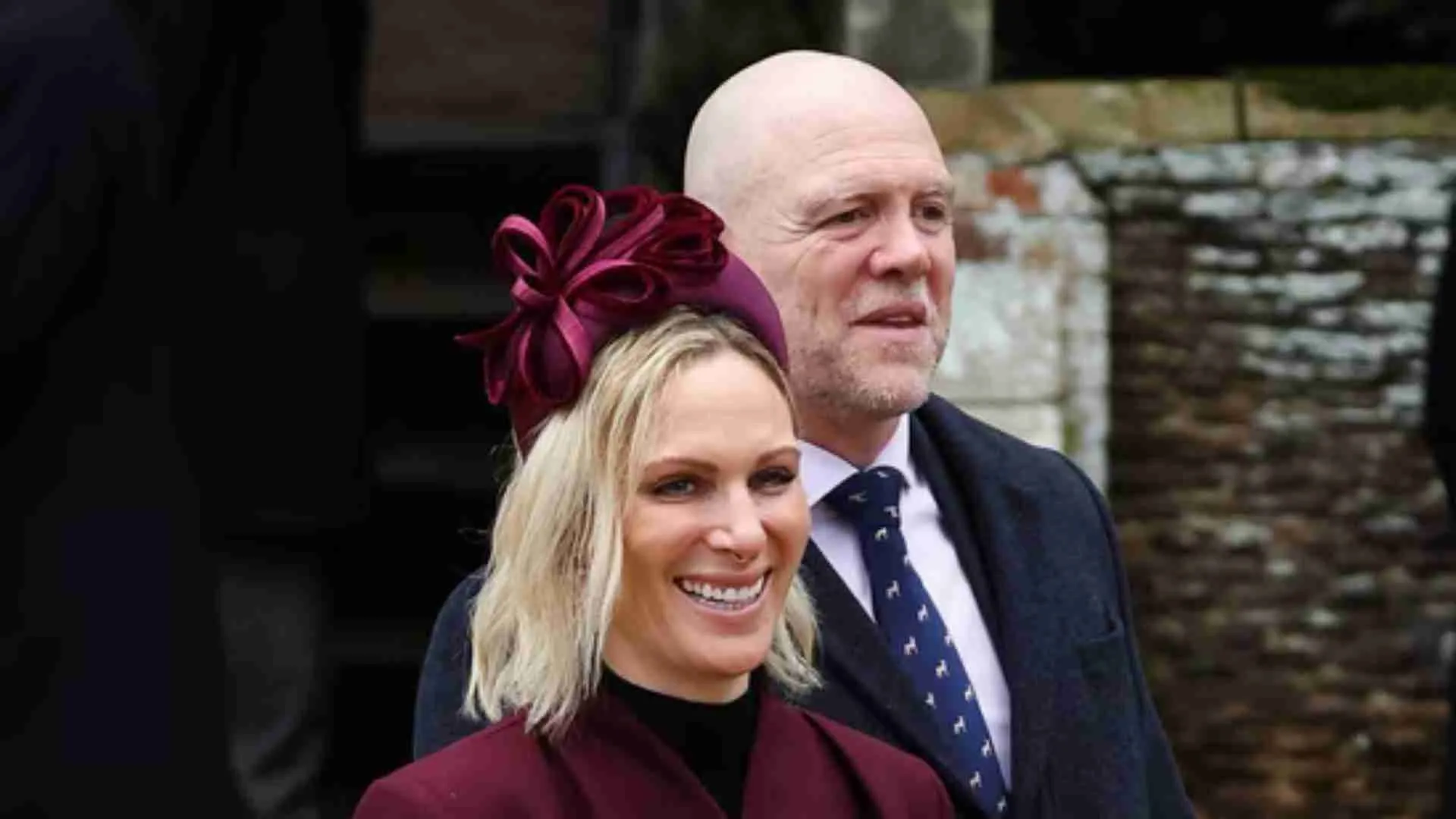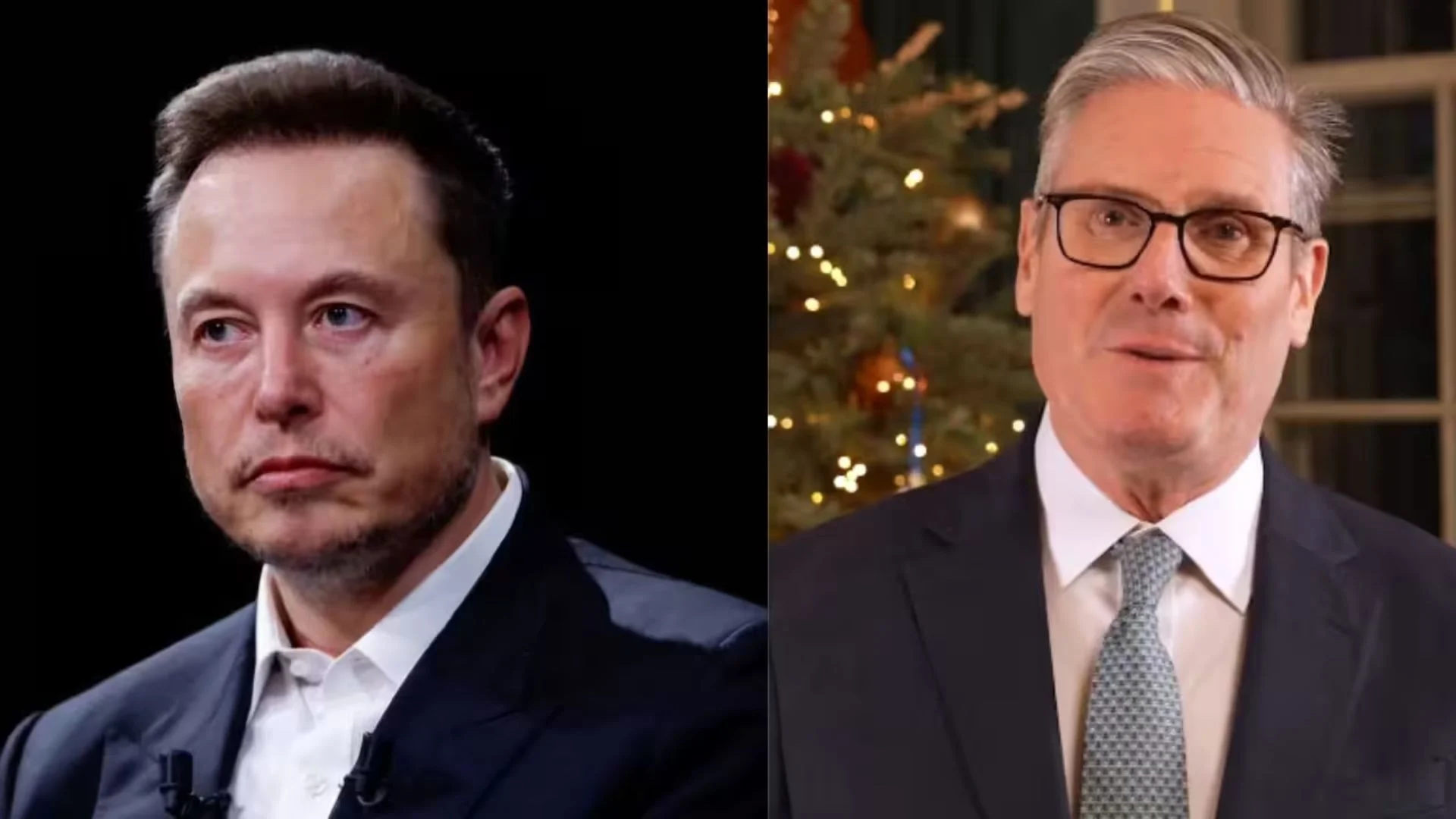It will now be former UK Prime Minister Liz Truss appearing in court against the current Prime Minister Keir Starmer, who said this country shouldn’t be listening to her because she’d “crashed the economy.” Lawyers for Truss wrote a cease-and-desist letter, arguing that what the former Prime Minister had said was defamatory and hurt her. It was said to be serious and formal, which cited the harm those words have caused her public image, especially after she was put out of her parliamentary seat in South West Norfolk during the general election.
Truss’s “Mini-Budget” and Its Consequences
The crux of the problem began with the so-called “mini-Budget” in September 2022 of Truss. The radical package of tax cuts that she announced financed with borrowing brought turbulence in financial markets. Soon, the pound started plummeting sharply, borrowing costs shot up, and investor confidence plunged. That led to her resignation after serving just 49 days as prime minister, becoming the shortest-serving one in UK history.
But according to Truss’s lawyers, this economic turmoil is not an “economic crash.” Moreover, the economy didn’t face any contraction in output or an increase in unemployment. Thus, all claims by Starmer were rejected. According to Andrew Lilico, an economist, “The economy actually grew faster in the period immediately following the mini-Budget,” which cancels out the term economic crash.
The legal team of Truss places part of the blame for the crisis on the Bank of England due to alleged failures in regulating the liability-driven investment (LDI) strategies for pension funds. The legal team claims that the way the Bank handled the LDI crisis created an excuse and transferred blame away from Truss and her government policies.
Starmer Stands Firm
Starmer remains firm, while a PM spokesman said yesterday: “I do not think that the PM is the sole figure in this country who expresses an opinion relating to the competence or otherwise of the outgoing government to conduct the nation’s economy.”
That spokesman questioned further whether Ms. Truss had answers to the millions who believed that the economic choices of the Tory-led government put pressure on increasing the number of mortgagors bearing the increase on their bills.
As Truss and Starmer continue to battle it out in court, the UK’s economic woes continue unabated. The cost of borrowing by the government has hit a 16-year high while the pound reaches a year low. Experts are of the view that this trend may require trimming spending or taxes to meet the fiscal goals. Labour’s Rachel Reeves, meanwhile, has signaled that spending would be trimmed to be the way forward in new economic packages.
According to critics of the Labour government, including Conservative shadow chancellor Mel Stride, the Labour leader’s claims against Truss are politically motivated and serve to divert attention from Labour’s financial mismanagement. According to Stride, Labour has issued an increase in taxes without giving related benefits to the citizenry.
Truss has used social media to counter her economic performance against what she has said is a smear campaign by the Labour Party, the Bank of England, and the media. She labeled the accusations against her a “smear campaign” and claimed that it was the pressure from the “media establishment” and “deep state actors” that made her roll back the budget.
As Truss attempts to salvage her public profile and push back against claims of economic incompetence, Labour’s constant criticism of her tenure is merely part of the broader strategy to bring the Conservative Party to account for years of fiscally dubious decisions.





















